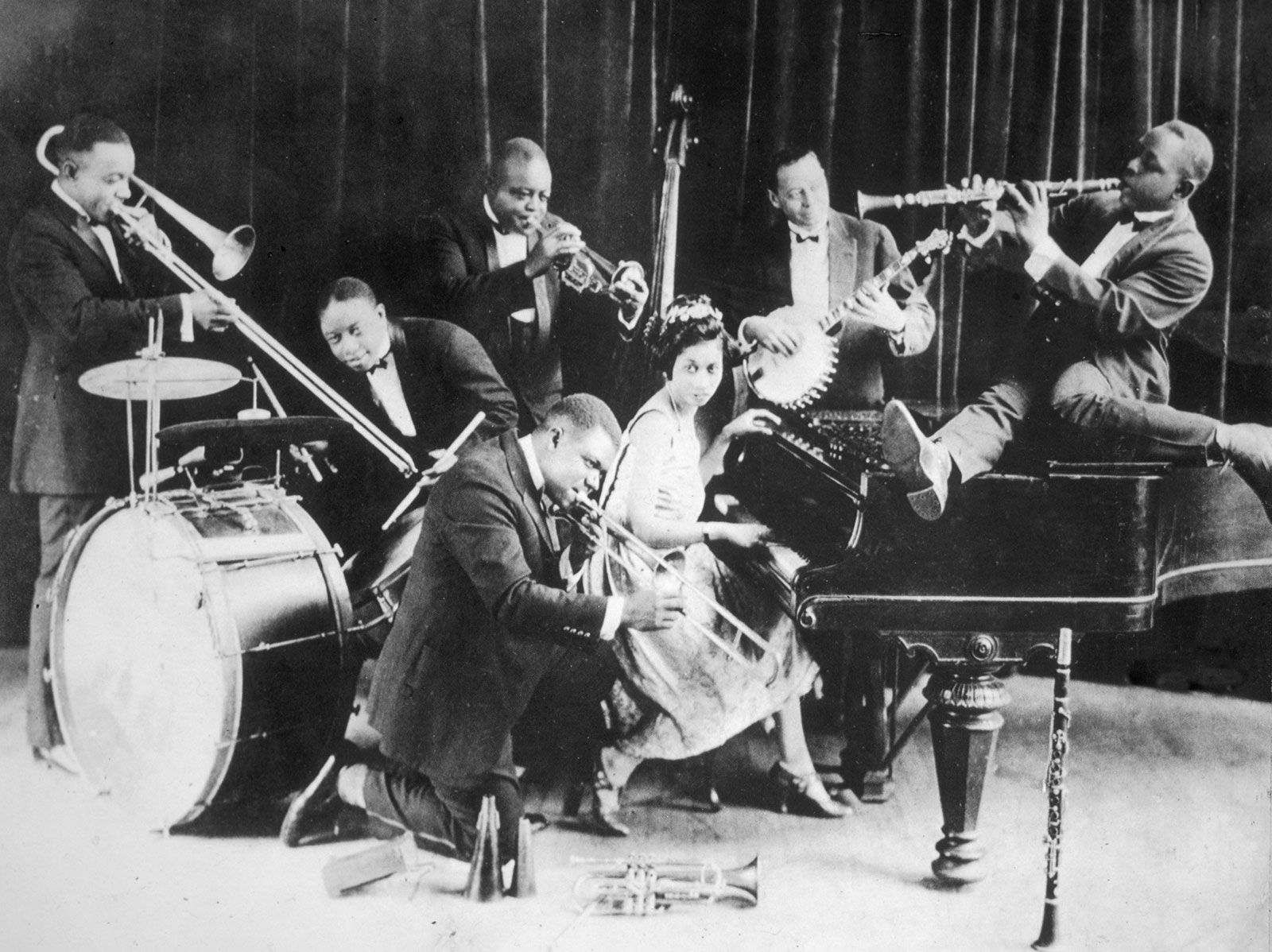Classical and Jazz are two of the most popular and influential music genres of all time. Classical music is characterized by its ornate melodies, complex harmonies, and intricate compositions, while jazz is known for its improvisational elements and diverse styles. Classical music has a strict adherence to musical notation, while jazz relies heavily on improvisation. Both genres are similar in their emphasis on melody and harmony and require a high level of skill and knowledge to perform. Classical music is more formal and structured, whereas jazz is more spontaneous and improvisational. Regardless of musical preferences, both are timeless genres that will continue to influence music for years to come.
Claasical vs Jazz: The Battle of Timeless Music Genres
Introduction
Classical and jazz are two of the most popular and influential music genres of all time. Both styles have a rich history and have evolved over time, inspiring generations of musicians and fans. Classical music is often associated with formal concert settings and orchestras, while jazz is known for its improvisational elements and diverse styles. In this article, we will compare and contrast these two timeless music genres and explore the unique features that make them stand out.
Classical Music
Classical music dates back to the 17th century and is characterized by its ornate melodies, complex harmonies, and intricate compositions. This genre is often associated with famous composers like Mozart, Beethoven, and Bach, who revolutionized classical music and set the standard for generations of musicians to follow. Classical music is usually performed by orchestras, choirs, and soloists, and is often associated with elegant concert halls and theaters.
One of the main features of classical music is its strict adherence to musical notation. Composers often meticulously craft every aspect of their compositions, leaving little room for improvisation. Classical music is distinguished by the use of conventions such as sonatas, symphonies, and concertos, which have become staples of classical music. The orchestral arrangement of classical music is also an essential aspect of the genre, with various instruments working together to create a harmonious and grand sound.
Classical music has inspired many other genres and is often studied by musicians as a foundation for their craft. The precision of classical music has served as a model for many other types of music, and its influence can be seen in various styles such as film scores, pop music, and more.
Jazz Music
Jazz music emerged in the late 19th century and is characterized by its improvisational elements and diverse styles. Jazz musicians often collaborate with others to create unique and spontaneous performances that differ from one show to the next. Jazz has inspired a wide range of genres, from swing to blues, and has become a vital part of American music culture.
Jazz music is known for its use of various musical elements such as syncopation, improvisation, and call-and-response techniques. Jazz musicians often work together to create an intricate and dynamic sound that is unique to each performance. Jazz can be performed in various settings, from small clubs to large concert halls, and has become an integral part of American music culture. Jazz musicians often have a strong understanding of music theory and can adapt their music to various settings and audiences.
Jazz has inspired many other music genres, from hip-hop to electronic music, and has become one of the most influential music genres of all time. Famous jazz musicians like Miles Davis, Louis Armstrong, and Duke Ellington have left lasting legacies and continue to inspire new generations of musicians.
Comparison
While classical and jazz music have distinct features, they share many similarities. Both genres have a strong emphasis on melody and harmony, and both require a high level of skill and knowledge to perform. Classical and jazz musicians often spend years studying and perfecting their craft, and both genres have left lasting legacies on the world of music.
However, there are also many differences between classical and jazz music. Classical music is often more formal and structured, while jazz is more spontaneous and improvisational. Classical music is known for its use of orchestras and large ensembles, while jazz often features smaller groups of musicians. Classical music is often performed in formal concert settings, while jazz can be performed in a variety of settings, from clubs to outdoor festivals.
Another significant difference between classical and jazz is the use of musical notation. Classical music is usually heavily notated, with composers leaving little room for improvisation. On the other hand, jazz music relies heavily on improvisation, with musicians often creating unique performances on the fly. Jazz musicians are often skilled at improvisation and can adapt their music to various settings and audiences.
Conclusion
Despite their differences, classical and jazz music are both essential parts of the world of music. Both genres have left lasting legacies and have inspired generations of musicians and fans. While classical music is often associated with formal concert settings and orchestras, jazz is known for its improvisational elements and diverse styles. Regardless of your musical preferences, both classical and jazz music are timeless genres that will continue to influence music for years to come.
